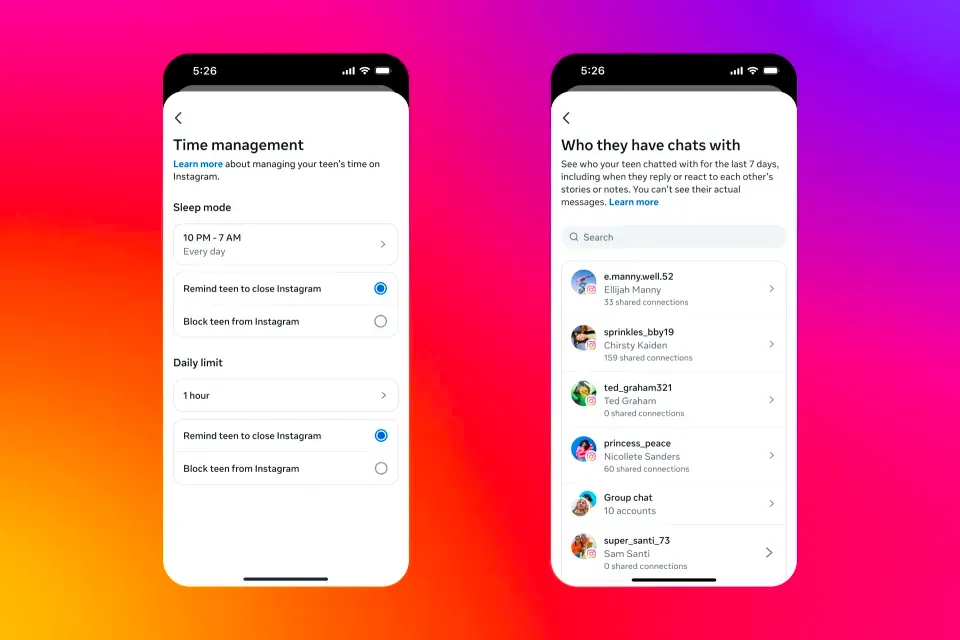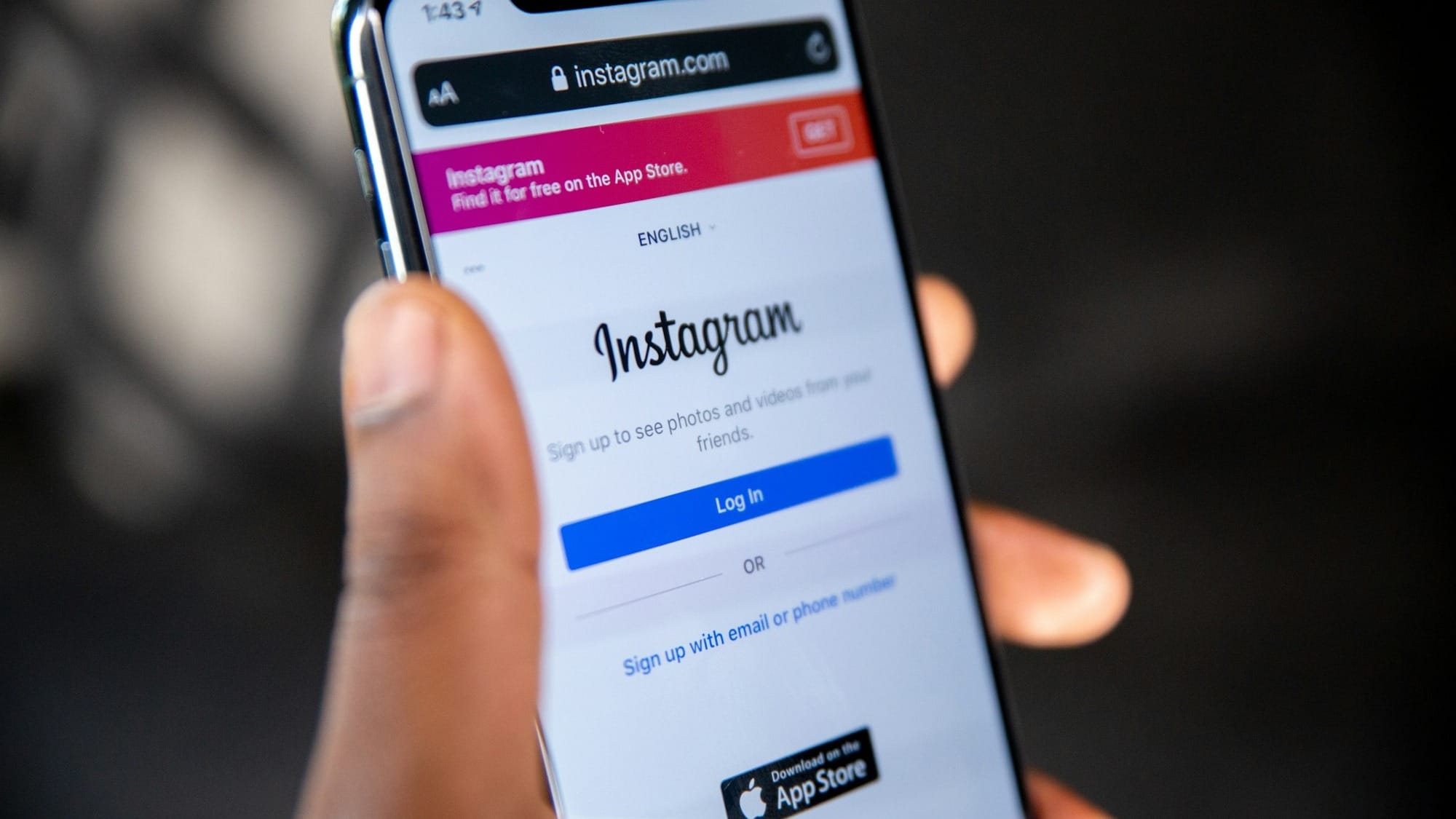Instagram rolls out new Teens account and an AI-powered age verification system
Meta is now working overtime to ensure the safety of minors on its platforms.
Social media is known for being a double-edged sword. On one hand, it kills boredom, allowing users to easily enjoy the wonders of the world and connect with others miles away from them.
On the other hand, it's also been linked to several societal problems today like mental health issues, cyberbullying and exposure to all forms of indecency, especially in kids.
Platforms like Instagram have faced criticism for their roles in this with these platforms being blamed for rising teen suicides and drug-related deaths, according to The Straits Times.
In response to growing pressure from concerned parents and lawmakers, Instagram introduced a new account type designed specifically for teens. These teen accounts, similar to the kid-friendly settings on other platforms like YouTube, come with extra restrictions, privacy features and parental control features.

Meta, Instagram's parent company, will automatically switch accounts under 18 to teen settings, with those aged 16-17 able to opt out of the privacy features. Teens under 16 will need parental approval for changes. However, since many teens lie about their age online—with the BBC reporting that up to a third of children do so—Meta plans to roll out an AI tool called 'Adult Classifier' to help verify users' ages.
This tool will analyze things like the accounts a user interacts with, their follower list, and even birthday posts from friends to figure out if they’re actually under 18.
Meta hasn’t disclosed exactly how accurate this tool is, but the company told Bloomberg that users who feel they’ve been miscategorized will have the option to appeal.

This is just one step a social media platform has taken to ensure the safety of minors on their platforms. Other platforms like Google have also recently added security features to their messaging platform, also powered by its in-house AI models. Popular social media apps like TikTok and YouTube have also had parental control features for years.
Instagram is the third most used social network with 2 billion active monthly users as of April 2024, according to Statista, this makes its security update quite impactful in the grand scheme of things.
In the end, while these changes aim to make Instagram safer for teens, they also highlight the ongoing challenges of balancing privacy with protection in the digital age.
With more tech companies likely to follow suit, the role of AI and parental controls in shaping online spaces for younger audiences will only grow. As social media continues to play a major role in young people's lives, it will be interesting to see how effective these measures are in ensuring a safer environment for users.









